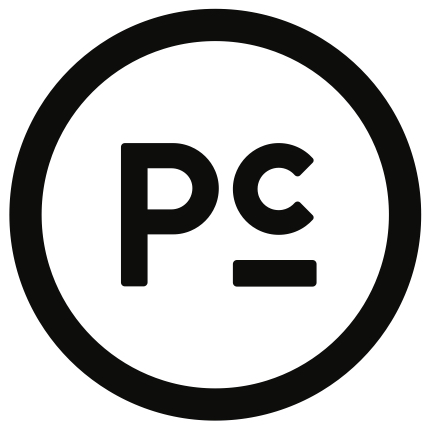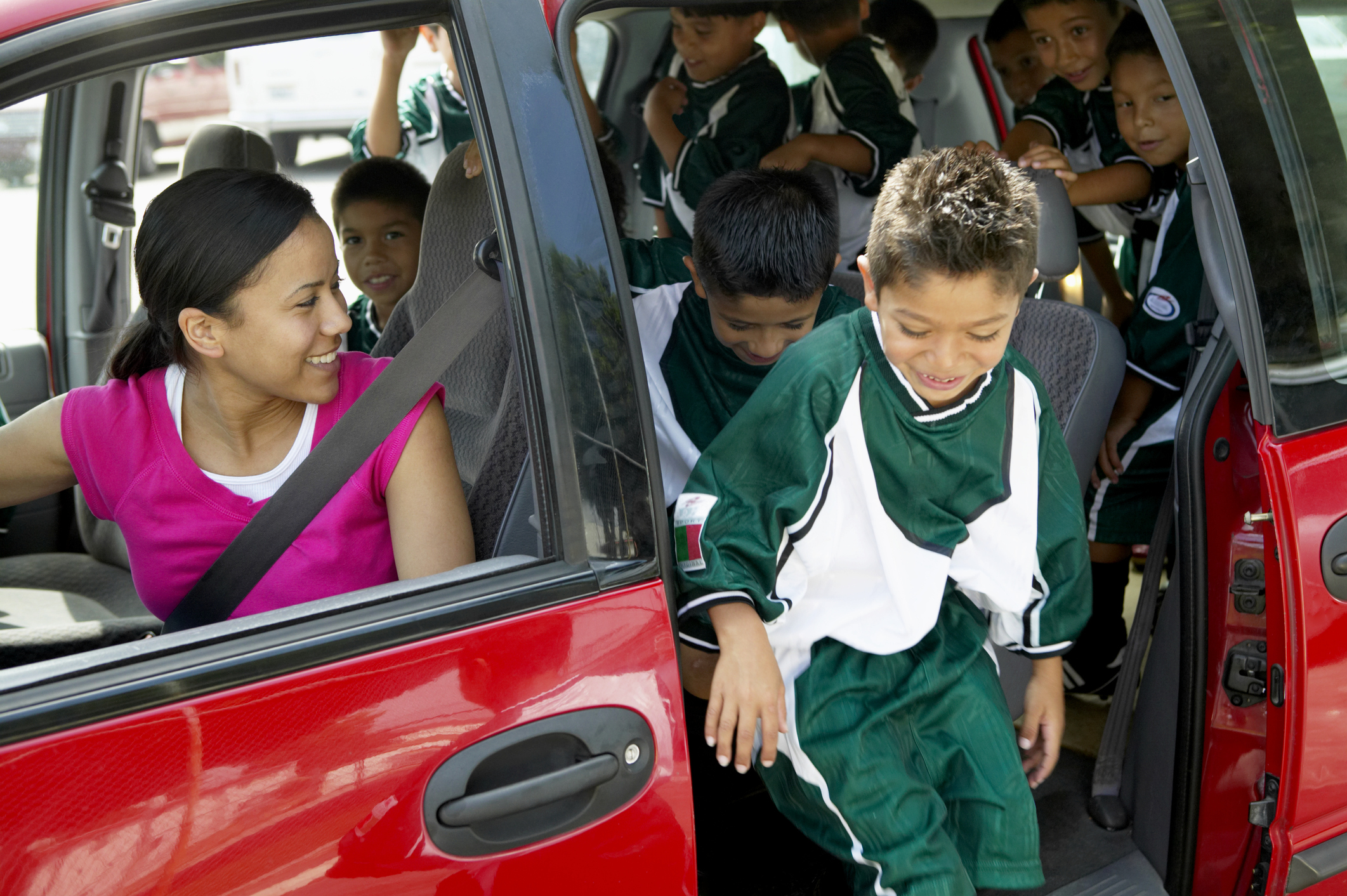
Sure, junior year can be exhausting. Most high school educators will tell you this is the most academically challenging year. Most athletic coaches expect their juniors to be at peak performance. And most juniors begin to feel as if they carry increasingly more adult responsibilities.
Teenagers in this phase feel pressure to make more significant choices. Whether those choices are about school, work, or their social life, you have to admit your kid is making more choices than they did in years past. As the father of a college graduate, a college sophomore, and a high schooler, and a volunteer high school coach for the last six years, I can say with absolute confidence that teenagers today are faced with ten billion times more choices than my friends and I did when we rocked mullets, drove Camaros, and blasted Van Halen.
Ironically, choice is the hallmark of freedom (the very thing every teenager wants above all else). And yet, choice can also be the very thing that causes someone to get stuck. If you’ve ever wondered why your teenager may seem apathetic at times, as if they’ve suddenly taken on an “I don’t give a ________” attitude, it may be that they simply don’t know how to choose.
Imagine a busy city intersection. The more one-way streets you can picture, all moving in different directions, the better it will resemble your teenager’s mind.
Imagine now that you are one car in the middle of traffic. You have somewhere to be. How should you move? Where will you turn to get there? That picture describes the gridlock that happens in the mind of an eleventh grader—an emotional, relational, sexual, theological, spiritual gridlock. The stress many juniors feel has a lot to do with these three words: “I don’t know.”
I don’t know . . . what to do now that I’ve been benched.
I don’t know . . . what to do to bring up my math grade.
I don’t know . . . if I’m ready.
I don’t know . . . if I should go.
I don’t know . . . what to do now that I went.
I don’t know . . . if I love him.
I don’t know . . . if she loves me back.
I don’t know . . . what I believe.
I don’t know . . . how I would vote.
I don’t know.
Now, you’re probably thinking, Didn’t you say you love this phase? Yes. I absolutely love this phase. Here’s why: An unquestioned conviction is a weak conviction. “I don’t know” means, “I have questions.” That’s the gift of junior year. Your son or daughter has questions, and you get to be there to help them navigate these uncertainties. They may be busy, but that just means they need for you to chase them down from time to time. They need your voice to help them find their own way. And they need for you, and a few other responsible adults, to come alongside them as they work their way through this new maze of choices.
I can honestly say some of my wife’s and my greatest moments as parents has been when—through tears, frustration, legitimate idiocy, and apathy—we were able to come alongside our teenagers to facilitate their decisions. They may not always choose what we would have chosen. But, if you stay present in the process, you may have more influence than you ever imagined possible.
Enjoy the gridlock!
– Stuart Hall
Communicator, Author, & Father of Three
Parenting Your... Eleventh Grader

THIS IS THE PHASE WHEN THERE’S LESS DRAMA, MORE STRESS, AND YOUR VERY BUSY TEENAGER ANSWERS ALL YOUR QUESTIONS WITH, “JUST TRUST ME.”
Parenting Your… Eleventh Grader is a concise and interactive guide that simplifies what you need to know about your eleventh grader and gives you a place to discover how to make the most of this phase.
Your teenager’s social calendar may be busier than your own, but you’re in one of the best phases of your kid’s life.
Don’t have an eleventh grader? We’ve got a book for every age at the ParentCueStore.org.




